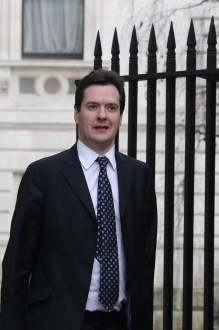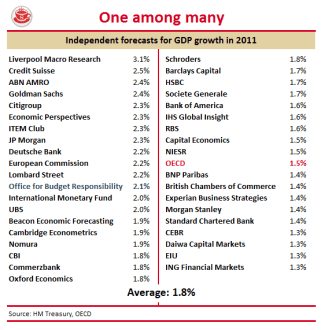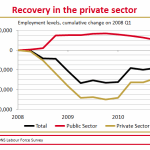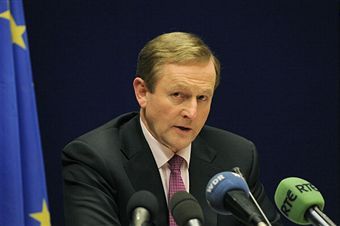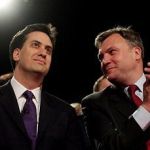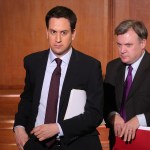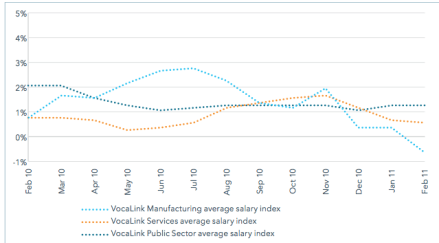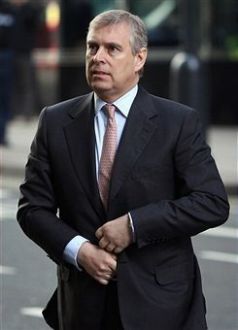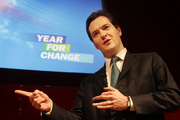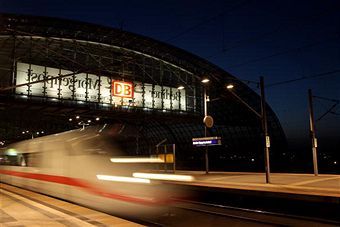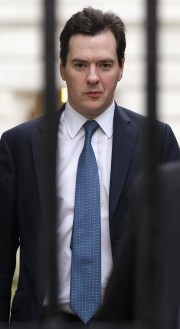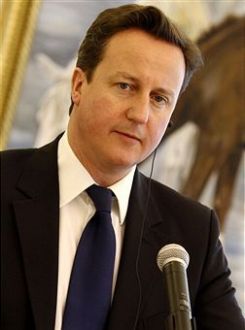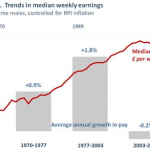The world according to Alistair Darling
There was a time when “http://blogs.wsj.com/iainmartin/2010/04/30/alistair-darling-labours-caretaker-leader-in-waiting/”>commentators on the right thought that Alistair Darling may become Labour leader, such was the respect he commanded. Alone among Brown’s Cabinet, Darling rose above the ideological opportunism and infighting to emerge with his reputation enhanced. Darling is ready to tell of his part in New Labour’s downfall. This morning’s Independent “http://www.independent.co.uk/news/people/profiles/alistair-darling-we-were-two-hours-from-the-cashpoints-running-dry-2245350.html”>previews the book by interviewing the former chancellor. Typically, perhaps, for the studious-looking Darling, he is not ‘spicing things up’ (it’s rather wonderful that he doesn’t use a derivative of ‘sex’ here). He promises to the ‘write the story down’ and is adamant that there will be none of the ‘gratuitous kiss and tell stuff’. Other than



